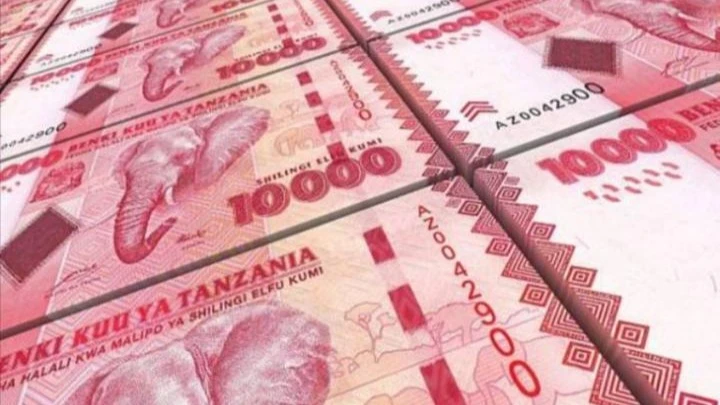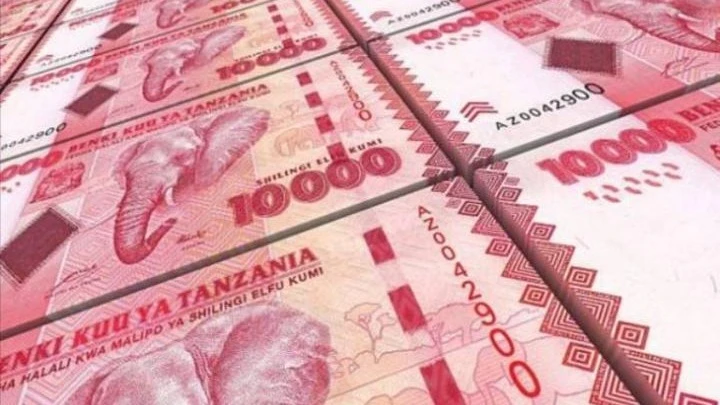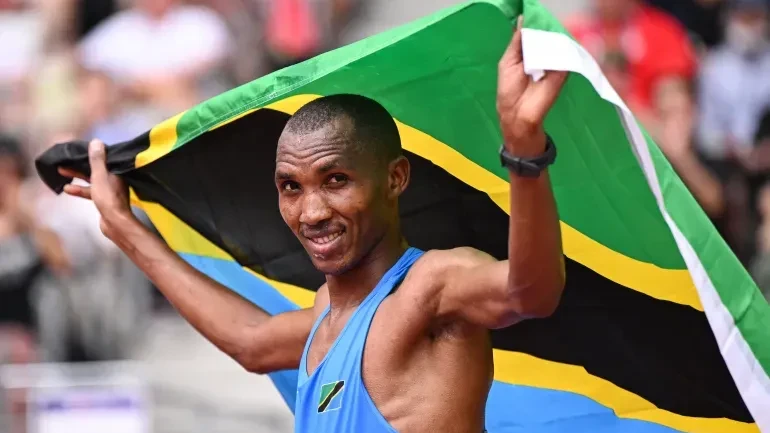Traders will best use business loans if revolving fund method is adopted

IT isn’t clear how traders in Kilimanjaro Region and elsewhere can closely work closely with the government to improve their business environment, since the wider purpose is to stimulate economic and social development for those living in regions all over the country.
It is a problem to fathom how this comes about since the task facing each trader is to survive in the market, not to take this or that attitude to what the government or local authorities are doing, and that is partially why nations have periodic elections. They enable people to work closely together to bring about the sort of leaders they trust most, which means working together as institutions to get such aspirants, and canvass for their being accepted.
The call to enhance cooperation with local authorities was made at a forum for small traders on the outskirts of Moshi municipality, which some officials also described as intended to strengthen collaboration between the private sector and the government. Still traders in small markets or on the roadsides are in the first place part of the informal sector rather than the private sector, as in company legislation, a unit is formal sector when it employs at least five people. In taxation there are formal tax liabilities for a trader earning over 4.0m/- annually, which comes to upwards of 300.000/- per month, but there are efforts to put just any trader on a tax format of some sort, just by holding a taxpayer’s number.
Just why the local government hierarchy sought the traders for convivial gestures is one thing, as there is always need for a get together for expressions of goodwill, which all the same change little on the ground unless they are backed up by the right administrative methods, like revolving funds for small traders. There was a remark from a top district administrator that the government is a dedicated partnerships in addressing the challenges faced by small-scale traders as this is vital for community welfare. That is indeed the reason that the 10 percent district revenue funding facility was set up in the first place but is grossly misused, first some beneficiaries fail to pay, and the funds aren’t recycled in loans but dry up.
It would indeed be appreciable if the government became an appreciable partner in solving challenges facing the youth, first with substantial revolving funds for the more marginalized sections to seek loans to start activities especially when they have learned some skills. At another end, wider sections of the more educated youth would dearly wish that our policy makers take up the 4Rs, start exercising widespread reform, opening up the economy for many more companies to be formed in each sector, not a few state monopolies. Those with diploma and degree level of skills, apart from certification from tailor made technical training institutions mostly need actual jobs consonant with their education, while the less educated wish to fit somewhere in informal sector activity as in Moshi, and don’t make the private sector.
Top Headlines
© 2025 IPPMEDIA.COM. ALL RIGHTS RESERVED

















